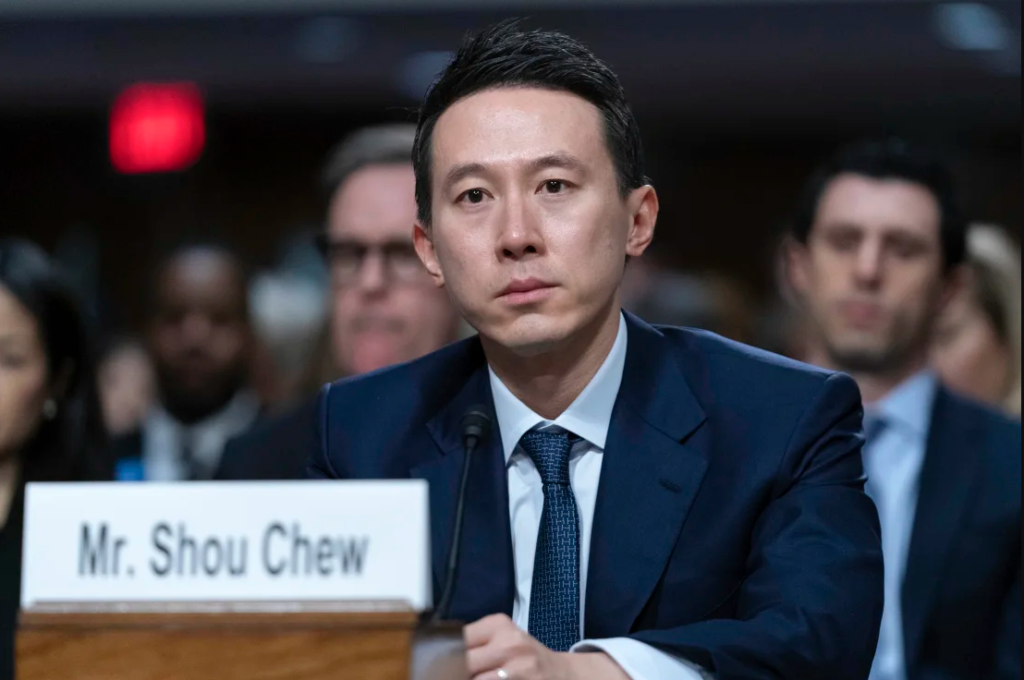|
Getting your Trinity Audio player ready...
|
TikTok, one of the world’s most popular social media platforms, is under fire once again. On Tuesday, 13 U.S. states and the District of Columbia (D.C.) filed lawsuits against the Chinese-owned app, accusing it of intentionally harming younger users by cultivating addictive behavior and failing to protect children from inappropriate content.
The lawsuits escalate the already tense legal battle between TikTok and U.S. regulators, highlighting growing concerns about the app’s impact on mental health, safety, and privacy.
The Legal Accusations: ‘Addictive by Design’
Central to the lawsuits is the claim that TikTok has deliberately designed its platform to be highly addictive, particularly for young users who may be more susceptible to spending excessive time on social media. The attorneys general from several states argue that TikTok’s business model prioritizes corporate profits over the well-being of its users, especially minors.
In a strong statement, California Attorney General Rob Bonta accused TikTok of targeting children with content that fosters addiction. “TikTok cultivates social media addiction to boost corporate profits. TikTok intentionally targets children because they know kids do not yet have the defenses or capacity to create healthy boundaries around addictive content,” Bonta remarked, encapsulating the concerns of many legal experts and health professionals.
The lawsuits claim that TikTok uses sophisticated algorithms to maximize the amount of time young users spend on the app. This extended engagement allows TikTok to serve targeted ads, ultimately increasing its revenue. Critics argue that this comes at the expense of the mental health of millions of young people.
Mental Health and Addiction: A Growing Concern
Several attorneys general, including New York’s Letitia James, have pointed to TikTok’s role in exacerbating mental health issues among teenagers. In her statement, James said, “Young people are struggling with their mental health because of addictive social media platforms like TikTok.” This is not the first time such concerns have been raised. Studies have shown that prolonged exposure to social media can contribute to anxiety, depression, and body image issues, particularly among teens.
The platform’s “infinite scroll” feature, which keeps users engaged by continuously loading new videos, has been flagged as a significant factor in fostering addictive behavior. Mental health professionals and lawmakers alike argue that such design choices are particularly harmful to younger audiences who may lack the emotional maturity to moderate their time online.



